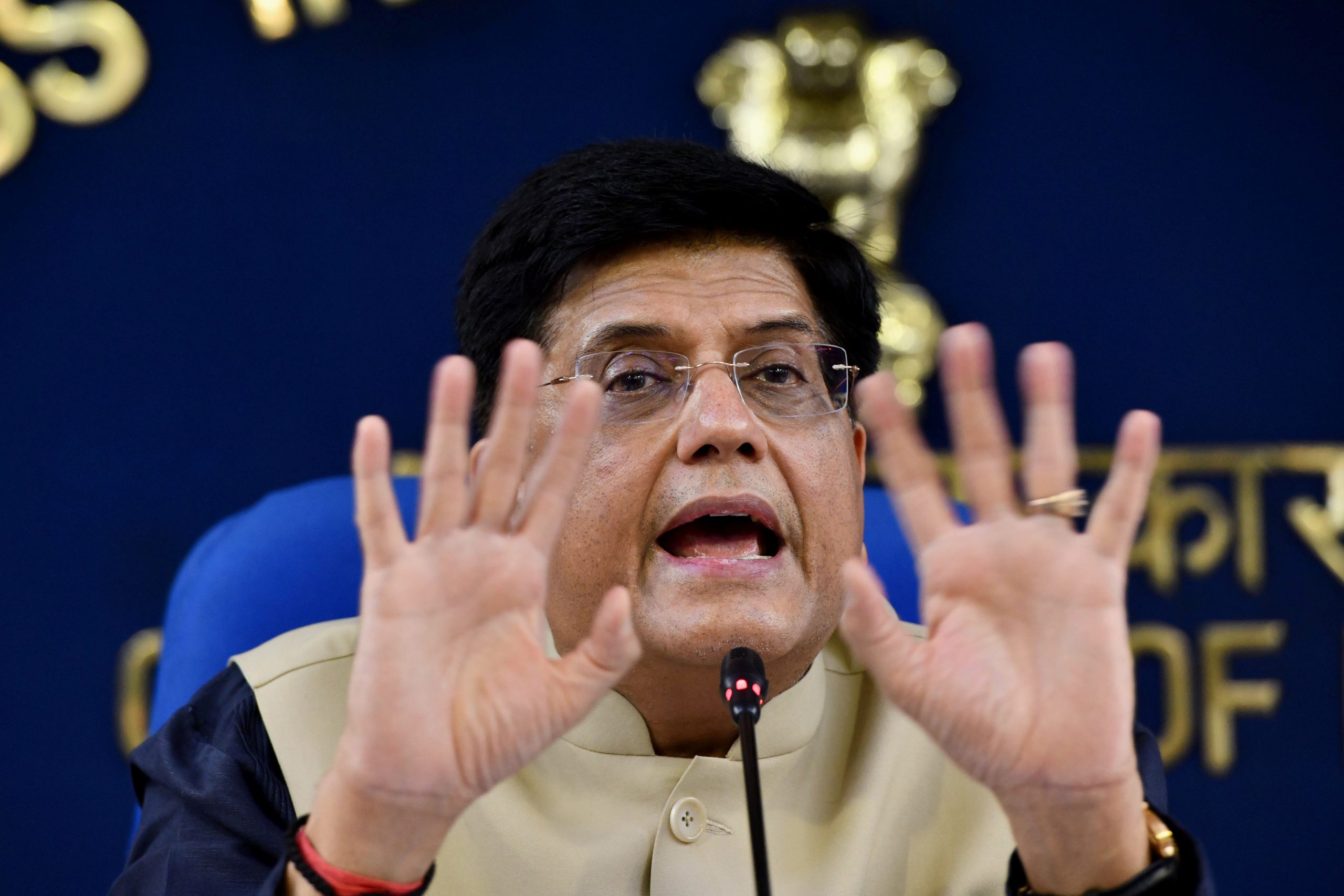Business Strategy with Hirav Shah In business, uncertainty is a constant companion. Market trends can shift, customer preferences can change, and economic conditions can fluctuate

In life, there are few constants, and one of them is uncertainty. Whether it’s in politics, health, business, or even the inevitability of death, the only certainty is that we will all face the unknown at some point. The question is, how do we cope with this uncertainty? How do we navigate a world where the rules can change overnight, where today’s plan may not work tomorrow, and where the future is always just out of reach?
The Uncertainty in Politics
- Politics is a realm where uncertainty is almost a given. Political climates shift with elections, policy changes, and international developments.
- Leaders rise and fall, alliances form and break, and the global stage is ever-changing.
- For businesses, this political uncertainty can lead to regulatory changes, shifts in trade agreements, and fluctuations in market conditions.
- How do you deal with this?
The Uncertainty in Health
- Health is another area where uncertainty reigns supreme.
- Despite advances in medicine, the unpredictability of health issues remains a significant concern for individuals and businesses.
- A sudden illness can disrupt lives, careers, and companies.
- The COVID-19 pandemic is a prime example of how health uncertainties can have far-reaching consequences.
- Managing health-related uncertainty involves proactive measures.
The Uncertainty in Business
- In business, uncertainty is a constant companion. Market trends can shift, customer preferences can change, and economic conditions can fluctuate.
- Successful businesses are those that learn to thrive in uncertainty rather than be paralyzed by it.
- They innovate, adapt, and remain resilient in the face of challenges.
The Ultimate Uncertainty: Life and Death
- Death is the ultimate uncertainty, the one aspect of life that is both certain and unknowable.
- While it’s a topic many prefer not to dwell on, acknowledging the reality of mortality can bring clarity to how we live our lives.
- It encourages us to focus on what truly matters, to make the most of our time, and to leave a lasting impact.
- Dealing with this uncertainty means living with intention.
Navigating Uncertainty in Life, Politics, and Business
Q: Why is there so much uncertainty in politics?
A: Politics is always changing due to elections, new laws, and global events. These changes can affect businesses and people’s lives, making it hard to predict what will happen next.
Q: How can I deal with political uncertainty in my business?
A: Stay informed about political changes and be ready to adapt your plans if needed. It’s also helpful to have backup plans and strong connections that can support you during uncertain times.
Q: Why is health so unpredictable?
A: Health can be unpredictable because illnesses or accidents can happen at any time, even when we don’t expect them. This can disrupt our personal lives and businesses.
Q: What can I do to manage health uncertainties?
A: Take care of your health by living a healthy lifestyle and having access to good healthcare. For businesses, it’s important to have flexible work policies and plans in place to handle health-related disruptions.
Q: Why is there uncertainty in business?
A: Business uncertainty comes from changes in the market, customer preferences, and the economy. Things can shift quickly, and businesses need to adapt to survive.
Q: How can businesses handle uncertainty?
A: Businesses can handle uncertainty by being flexible, innovative, and ready to change direction if needed. Diversifying revenue sources and staying on top of trends also help.
Q: Why do we need to think about uncertainty in life and death?
A: Life and death are the ultimate uncertainties because we don’t know what will happen or when. Thinking about this can help us focus on what’s important and make the most of our time.
Exercise: Navigating Uncertainty in Life and Business
Step 1: Identify Areas of Uncertainty
Step 2: Assess Your Control
- For each area of uncertainty, ask yourself: “What can I control in this situation?”
- Make two lists: one for the aspects you can control and one for the aspects you cannot control.
Step 3: Develop a Plan for What You Can Control
Step 4: Create Contingency Plans
- Consider the aspects you cannot control. Develop a simple contingency plan for each one.
Step 5: Build Resilience
Write down three practices or habits you can adopt to build resilience and better cope with uncertainty. This could include mindfulness exercises, regular physical activity, or staying connected with supportive friends and family.
The writer is a well-known Business Turnaround Specialist, Astro-Strategist, and Best-Selling Author.
Email: [email protected]
























